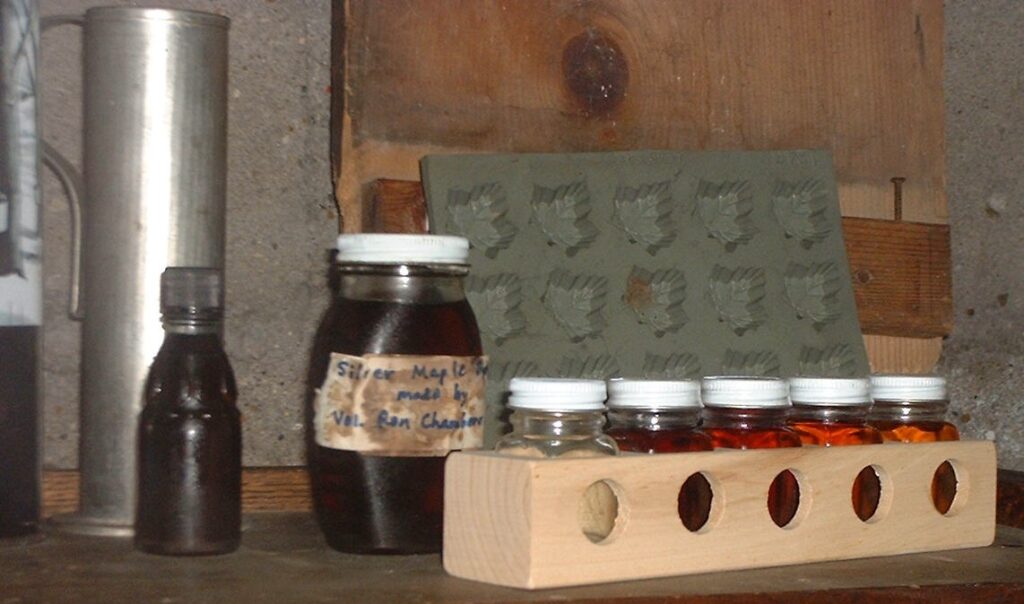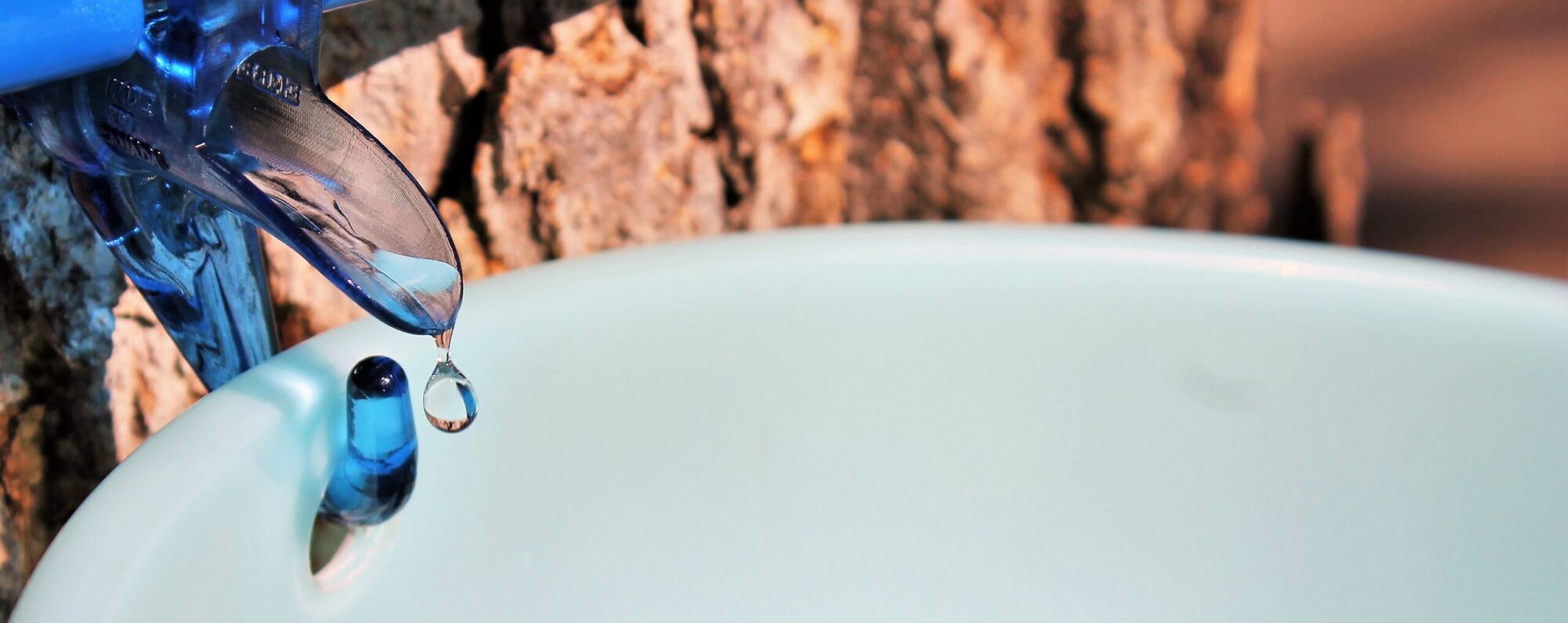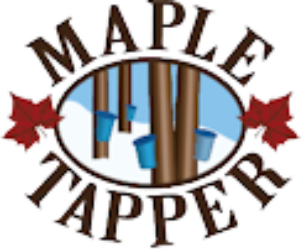
Since sugar shacks opened, pure maple syrup was graded by color and sugar content and each region kind of did its own thing. Yes, it was always sweet and delicious but the consistency across the country (or internationally) was just not there. So in 2014, the International Maple Syrup Institute proposed a change to the grading system which has been adopted both by the USDA and the CFIA (the Canadian equivalent).
Syrup is still graded in four categories but now by color. This handy chart from the Wisconsin Maple Syrup Producer’s Association compares the old grades to the new ones. So if you’re looking for what used to be called Grade B, you’d choose Grade A: Dark. The darker the syrup, the more concentrated the sugar and the more robust the flavor.
How to Cook with Each Grade
Because the darker the color, the more intense the flavor, choose the syrup that best matches what you’re cooking:
Grade A: Golden Color. Has a light, delicate flavor perfect for replacing refined white sugar but also delicious on oatmeal or yogurt.
Grade A: Amber Color. A bit more hardy flavored and probably the most commonly used, this is your gold standard and perfect on its own over waffles, mixed into marinades, or used as a delicious cocktail base.
Grade A: Dark Color. Not for the faint of heart, this is the syrup for more adventurous chefs. A little bit goes a long ways but perfect for thick spicy sauces (such as BBQ); baked beans, or marinades. Also the choice for Paleo dieters.
Grade A: Very Dark Color. The strongest tasting of all, this grade was formerly reserved for commercial use only.
So what makes syrup a certain grade? Many factors affect the color, taste, and even smell of pure maple syrup. Everything from the soil around the tree to the weather at time of tapping to the time of year adds to creating syrup’s unique appearance and taste. In the beginning weeks of the season, the color and the flavor are lighter and as the season warms, the maple syrup turns darker and the flavor becomes more robust. Grade only matters if you’re selling syrup so check with your local Extension Office for more information on accepted grading techniques.
Want to try your hand at making maple syrup? Start here with our Beginner’s Tapping Kit.

